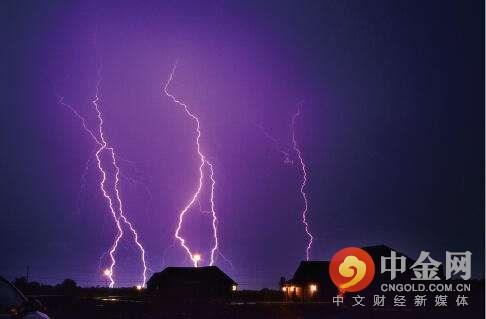英语中什么样的词叫动词(英语的词性什么是动词)

动词用来表示一种状态或动作。例如,他们展示了人们或事物的行为、想法或感受。
动词用来表示动作:
Tim is driving his car. 或状态(某人的感觉、想法等)
Jack is feeling better today. 他们展示了人们或事物的行为、想法或感受。
行为动词
动作动词是指人或物体所做的动作。动作动词表示某人或某事所做的事情。下面是一些动作动词的例子:
- play - They are playing football.
- study - Anna is studying for her test tomorrow.
- cook - Mark cooked dinner for us last night.
静态动词
状态动词指事物是怎样的,而不是它们做什么。状态动词不如动作动词那么多。下面是一些最常见的例句:
- be - He is a teacher
- think - I think that's a good idea.
- cost - It costs twenty dollars.
- belong - James belongs to that club.
主动语态与被动语态
动词用于主动或被动语态。主动语态描述了对象的行为:
Tom throws the ball. Andy has lived in Queens for twenty years. Helga would like to go camping next week.
被动语态描述对某事所做的事情。它不像主动语态那样经常使用。被动语态总是把动词“to be”和过去分词结合起来(动词的第三种形式,即do-did-done)。下面是一些被动语态动词的例子:
Mary was raised in Kansas. My car was made in Germany. That document will be completed by Robert.
什么是动词形式?
动词形式多种多样。其中的主要动词形式包括动词的不定式,动词或现在分词(或“ ing”形式),过去分词,基础形式,最重要的是其共轭形式。这是每个表格,并带有一些示例:
- Infinitive (to verb) - to do, to think, to eat, to live, etc.
- Present participle (gerund, 'ing' form) - going, understanding, allowing, etc.
- Past form (used with the past simple) - went, ate, played, taught, etc.
- Past participle (used with perfect tenses) - gone, eaten, played, become, etc.
- Conjugated form (only used in present simple) - plays, play, speak, speaks, etc.
什么是短语动词?
短语动词是由短语组成的动词,通常是两个或三个单词。动词短语由主谓和一两个助词(通常是介词)组成。动词短语在英语口语中很常见,但在书面英语中也会使用。下面是一些你可能知道的动词短语:
- pick up - I picked him up at the airport.
- get away - The thief got away with the robbery.
- look after - I looked after my sister's cat for the weekend.
不同动词的功能
动词有不同的功能。一般来说,我们认为动词是“主要动词”。这些动词有“ play, eat, drive, etc.”。但是,动词也可以用作助动词或情态动词。
助动词包括:do/does, did, am/is/are, was/were, have/has, had。
- How often does she go to New York?
- I didn't understand the question yesterday.
- They have lived in Chicago for five years.
- I had already eaten when he arrived.
情态动词包括: should, can, must, might.
- I can't believe your story!
- She must have gone to class.
- What should I do?
- He might be late to work today.
动词共轭
动词以时态使用。 时态是共轭的。 以下是英文的主要时态,每个时态都有一个例句:
- Present Simple - I work at a bank.
- Present Continuous (progressive) - Mary is watching TV now.
- Present Perfect - She has lived in New York since 2002.
- Present Perfect Continuous - We've been playing tennis since three o'clock.
- Future With Will - I will make you a sandwich.
- Future With Going to - Mary is going to fly to Chicago next week.
- Future Continuous - They will be studying later today.
- Future Perfect - She will have finished the report by six o'clock.
- Past Simple - I bought a new car last month.
- Past Perfect - They had finished lunch by the time he came.
- Past Perfect Continuous - They had been working for two hours when he came in the door.
,
免责声明:本文仅代表文章作者的个人观点,与本站无关。其原创性、真实性以及文中陈述文字和内容未经本站证实,对本文以及其中全部或者部分内容文字的真实性、完整性和原创性本站不作任何保证或承诺,请读者仅作参考,并自行核实相关内容。文章投诉邮箱:anhduc.ph@yahoo.com






